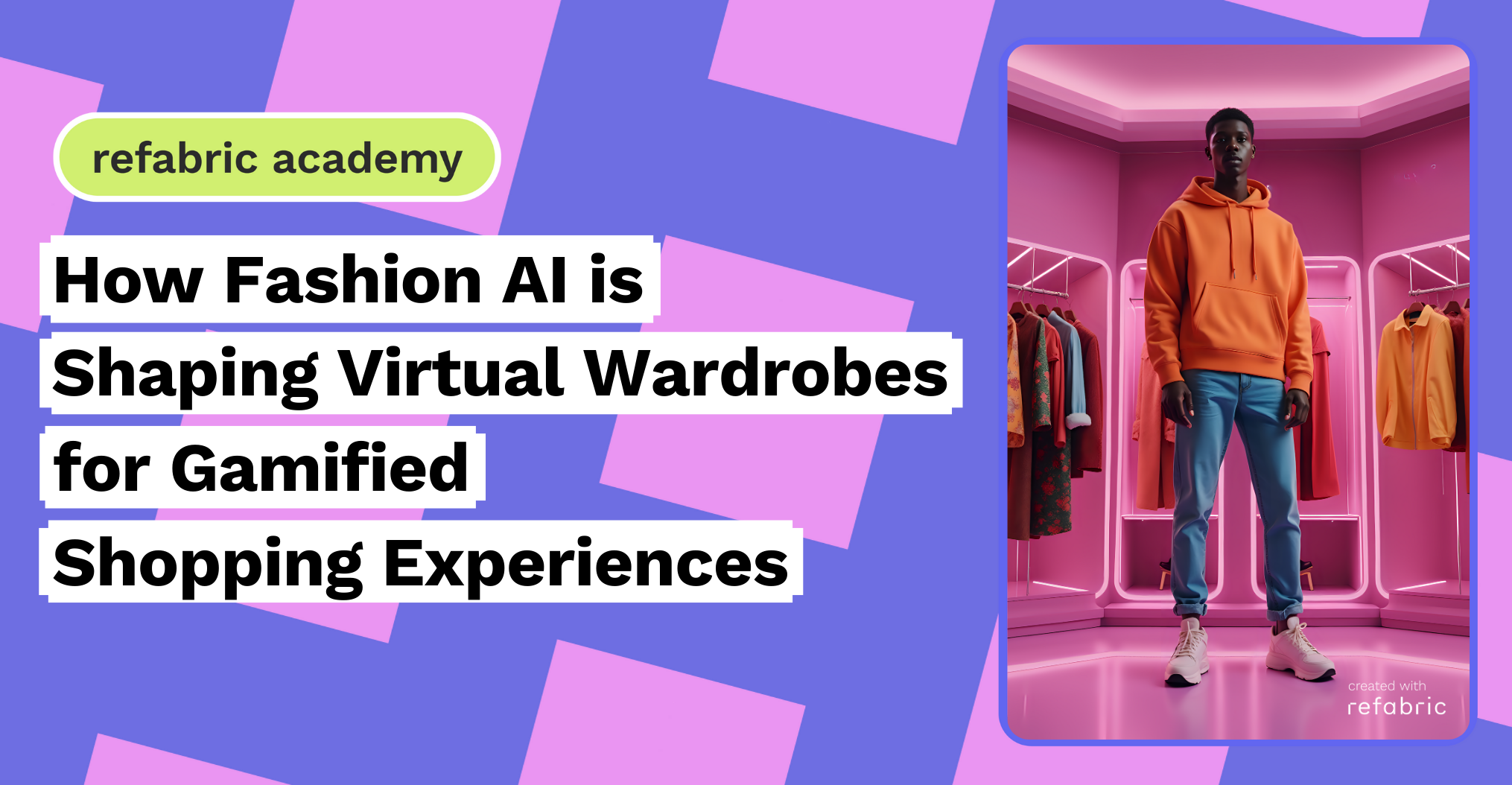Fashion AI is revolutionizing digital retail by shaping virtual wardrobes and enhancing gamified shopping experiences. As brands integrate artificial intelligence with Metaverse and interactive retail, Gen Z’s demand for immersive, hyper-personalized fashion is redefining how consumers engage with style. From AI-powered avatars to real-time trend analysis, the synergy between fashion AI and gamified shopping is pushing the boundaries of digital commerce.
The Rise of Gamified Shopping in Fashion
The traditional online shopping model is evolving as brands leverage game mechanics to create engaging and rewarding experiences. Gamified shopping blends elements like virtual try-ons, digital collectibles, and interactive storytelling to turn purchasing into an entertainment-driven process. Fashion AI plays a crucial role in enhancing these experiences by personalizing product recommendations, generating AI-driven designs, and enabling real-time wardrobe customizations in virtual spaces. Brands like Balenciaga has already ventured into gamified shopping, releasing digital experiences that blur the lines between gaming and fashion commerce.
AI-Powered Virtual Wardrobes and Avatars
One of the most significant transformations brought by fashion AI is the development of AI-powered virtual wardrobes. These digital closets allow users to curate, mix, and match outfits in an entirely virtual environment before making a purchase. AI-driven avatars equipped with body-scanning technology and preference-based styling engines give shoppers a realistic preview of how outfits will look on them, bridging the gap between digital and physical fashion. This level of personalization caters to Gen Z’s preference for self-expression and customization.
Beyond styling, AI-powered wardrobes also integrate with users’ real-life shopping history, analyzing past purchases to suggest pieces that complement existing outfits. This creates a more cohesive and strategic approach to fashion consumption, reducing impulse buys and waste. Companies like DressX and The Fabricant are leading this digital fashion revolution by providing virtual wardrobes that consumers can integrate into gaming environments and social media. Additionally, platforms such as Zalando and Farfetch are experimenting with AI-driven virtual wardrobes that dynamically update based on seasonal trends and user preferences.
Metaverse Fashion: A New Era of Digital Ownership
As the Metaverse expands, fashion AI is facilitating a new era of digital ownership where users can buy, trade, and showcase virtual fashion assets. Brands are collaborating with fashion AI designers to create exclusive digital wearables that can be worn in gaming environments, social platforms, and AR spaces. NFTs (non-fungible tokens) are also playing a role, allowing users to own unique digital garments, further blurring the line between real and virtual fashion. In addition to digital exclusives, some brands are even offering ‘phygital’ experiences, where consumers receive both a digital and physical version of a garment, creating a seamless connection between their real and virtual wardrobes.
AI-Driven Trend Forecasting for Gamified Retail
Gamified shopping platforms rely on real-time insights to keep experiences fresh and engaging. AI-driven trend forecasting helps brands stay ahead by analyzing social media, user engagement, and historical purchasing data. This predictive capability allows retailers to update virtual storefronts dynamically, ensuring that digital wardrobes reflect the latest styles and consumer preferences. Platforms like Snapchat and Roblox have also integrated AI-powered fashion tools, enabling users to experiment with trends in an interactive and immersive way, reinforcing the demand for digital fashion experiences.
The Future of Fashion AI in Gamified Shopping
As fashion fashion AI continues to integrate with gamified shopping and the Metaverse, we can expect even more advanced features, such as fashion AI designs tailored to individual avatars, blockchain-enabled virtual fashion exchanges, and hyper-personalized styling assistance through machine learning. With Gen Z embracing interactive retail, the future of shopping will be a blend of entertainment, technology, and digital fashion innovation.
Fashion AI is no longer just about recommendations, it is transforming the entire shopping journey, making it more engaging, personalized, and immersive than ever before.
